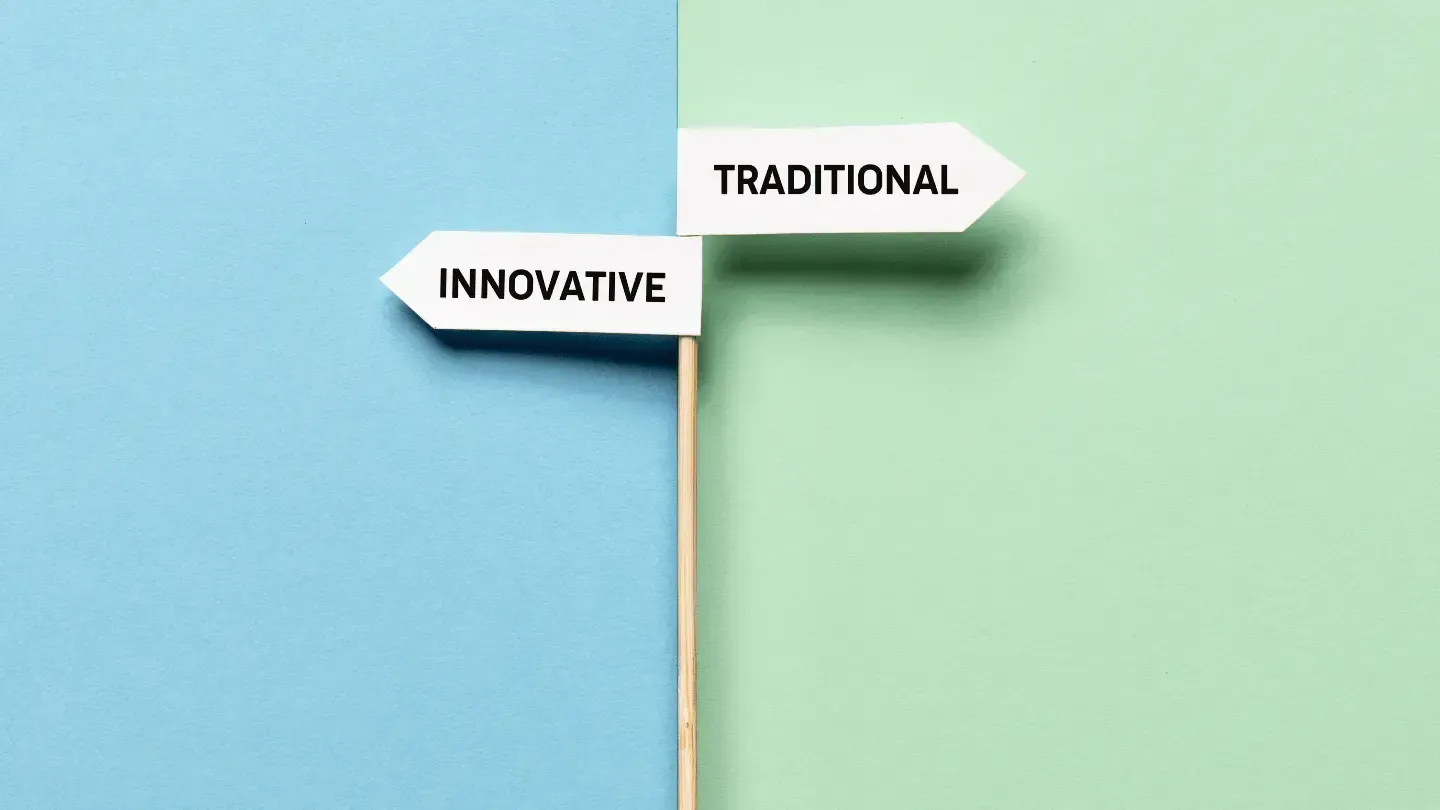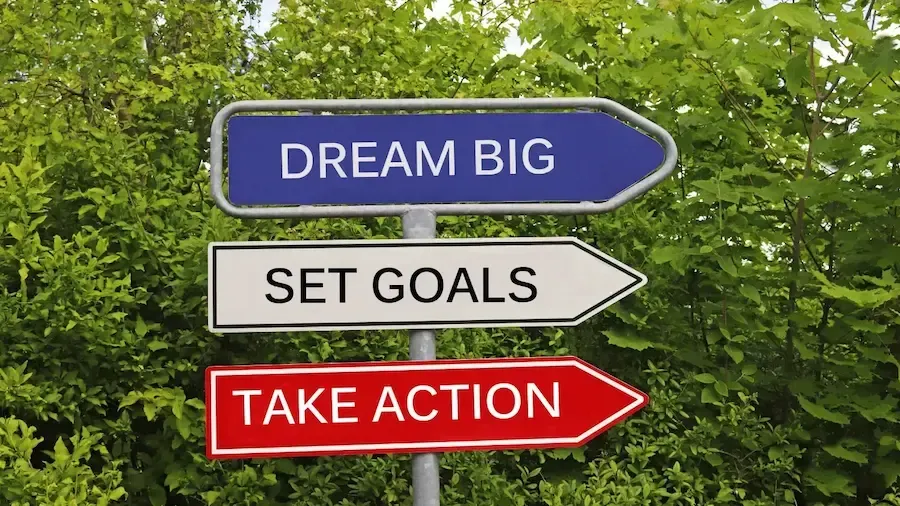Eco-friendly innovation: transforming your business practices for a greener future
Having a green agenda has become an important credential for businesses, with environmentally friendly activities expected, rather than a unique selling proposition. This shift is reshaping markets across industries, prompting businesses in all sectors to rethink their operations and find innovative ways to minimise their environmental impact. Not as a passing fad, but as a business-critical necessity.
As concerns about climate change, resource depletion and environmental degradation increase, so does the demand for eco-friendly innovations and solutions. But beyond compliance and corporate responsibility, embracing eco-friendly innovation offers a unique opportunity to transform business practices and secure the competitive edge in a greener future.
Why green is the new gold
Green thinking can be integrated into almost every part of business, from optimising operational processes and wastewater management through to evolving the company’s culture; the possibilities and benefits are endless.
Every business has its own motivations and reasons for going green, whereas saving the planet may not be the primary reason, eco-friendly innovations deliver a range of tangible benefits that go beyond environmental impact, meeting regulatory requirements or appeasing eco-conscious consumers:

1. Cost savings and efficiency gains
Sustainability goes hand-in-hand with efficiency. Optimising resource use, reducing waste, and streamlining processes, helps businesses achieve significant cost savings. Lean manufacturing minimises waste and maximises value and shows how sustainability drives efficiency improvements. For example, energy-efficient technologies and practices lower energy bills and waste reduction initiatives decrease disposal costs.
2. Enhanced company or business image
Adopting eco-friendly solutions strengthens a brand’s reputation. Being green fosters trust, making it more attractive to customers, employees, and investors who are more likely to support brands aligning with their values. Sustainability initiatives give the brand:
- The competitive advantage by differentiating it from less sustainable rivals.
- Increased employee satisfaction, morale, and retention which boosts productivity and retains skilled talent.
- Greater investor and stakeholder confidence and support by demonstrating long-term value and commitment to sustainability.
- Access to new revenue streams through eco-friendly products, services, or partnerships but also the potential to unlock funds from government incentives, grants, or subsidies aimed at promoting green practices.

3. Product, service, or market innovation
Eco-friendly innovation drives new ideas and products. When businesses focus on sustainability, they are inspired to find creative solutions to environmental challenges that differentiate a company from its competitors. For example, the demand for sustainable packaging has led to innovations in biodegradable materials and zero-waste design.
4. Risk mitigation and resilience
Sustainability efforts can help businesses mitigate risks associated with environmental impact, regulatory changes, and shifting market dynamics. By proactively addressing these issues, companies build resilience against future disruptions whether that’s by investing in renewable energy sources to protect from fluctuations in fossil fuel prices, or staying ahead of environmental regulations to avoid fines, sanctions, or reputational damage.
5. Long-term growth and profitability
Eco-friendly innovation involves reimagining products, processes, and business models to align with the principles of sustainability. It’s about doing more with less, reducing waste, conserving resources, and ultimately, creating value in a way that benefits both the environment and the bottom line. Companies that integrate sustainability into their core strategy are better positioned to thrive – no stone is left unturned. In the long run, businesses that prioritise sustainability are more likely to see increased profitability and growth, as they align with the global shift towards a greener economy.

Green light to sustainability: eco strategies for success
The journey towards eco-friendly innovation is a dynamic and ongoing process. It requires commitment, creativity, and collaboration across all levels of the organisation. Sustainability is a collective effort requiring buy-in from employees, customers, suppliers, and other stakeholders. However, the rewards—for your employees, business and the planet—are well worth the effort. Now is the time to take action, transform your business practices, and pave the way for a greener, more sustainable future.
DETA’s sustainability consulting services are here to support your journey to becoming more eco-friendly. We not only identify the most effective ways for your business to go green but also manage the entire transformation process, so you can continue doing what you do best, running your business. Not all businesses have the resources for an immediate eco overhaul, we develop a tailored strategy to future proof your activities and help you achieve your sustainability goals gradually and within budget.
Here’s how we do it:
Conduct an energy audit
The first step towards eco-friendly innovation is understanding your current environmental impact. An energy audit highlights areas where you can improve efficiency and reduce your environmental impact. By identifying the most significant opportunities for change, actions that will have the greatest impact can be prioritised.
Set clear sustainability goals
To drive meaningful change, it’s essential to set clear, measurable sustainability goals that align with your overall business strategy. Whether it’s reducing energy consumption, cutting greenhouse gas emissions, or achieving zero waste, having specific targets creates a framework for measuring progress and keeps your sustainability efforts on track.

Invest in sustainable technologies
Technology plays a crucial role in enabling eco-friendly innovation. Sustainable technologies optimise resource use and enhance operational efficiency. Investing in energy-efficient equipment, renewable energy sources, and sustainable materials significantly reduces energy use and emissions.
Small greens, big gains: easy eco-friendly upgrade
Contrary to the misconception that going green is costly and time-consuming, there are simple, cost-effective measures that yield immediate benefits reducing energy wastage and the carbon footprint management.
Here are some examples of sustainable alternatives to common day-to-day activities and tools business uses:
- Swap to energy efficient LED lighting
- Invest in sensors: lighting, occupancy, climatic and temperature.
- Adjust heating and air conditioning settings
- Set auto shutdown for PCs
- Move to email marketing rather than direct
- Develop printing guidelines for the business
The advantage of taking these small green steps is that it develops a culture of sustainability in your business encouraging and educating employees about the importance of eco-friendly practices while laying the groundwork for larger sustainability projects.
Redesign products and processes
DETA ESG Consultants and process engineering consultants rethink how products are designed, manufactured, and delivered to minimise the environmental impact throughout the product lifecycle. This might involve using sustainable materials, reducing packaging, or designing products for easy recycling or reuse. We optimise your manufacturing processes to reduce waste, conserve water, and lower energy consumption.
The future is green with DETA
It can feel overwhelming trying to identify the best direction to take the business in to make the most impact within the constraints of available budget and resources. DETA’s multidiscipline team of ESG Consultants, process engineering consultants and wastewater consultants in Australia and NZ, take a strategic approach to innovate and transform business practices. We advise clients on all aspects of going green, so even the smallest changes are optimised to make big differences. Are you ready to innovate? Click here to contact your local DETA team.





